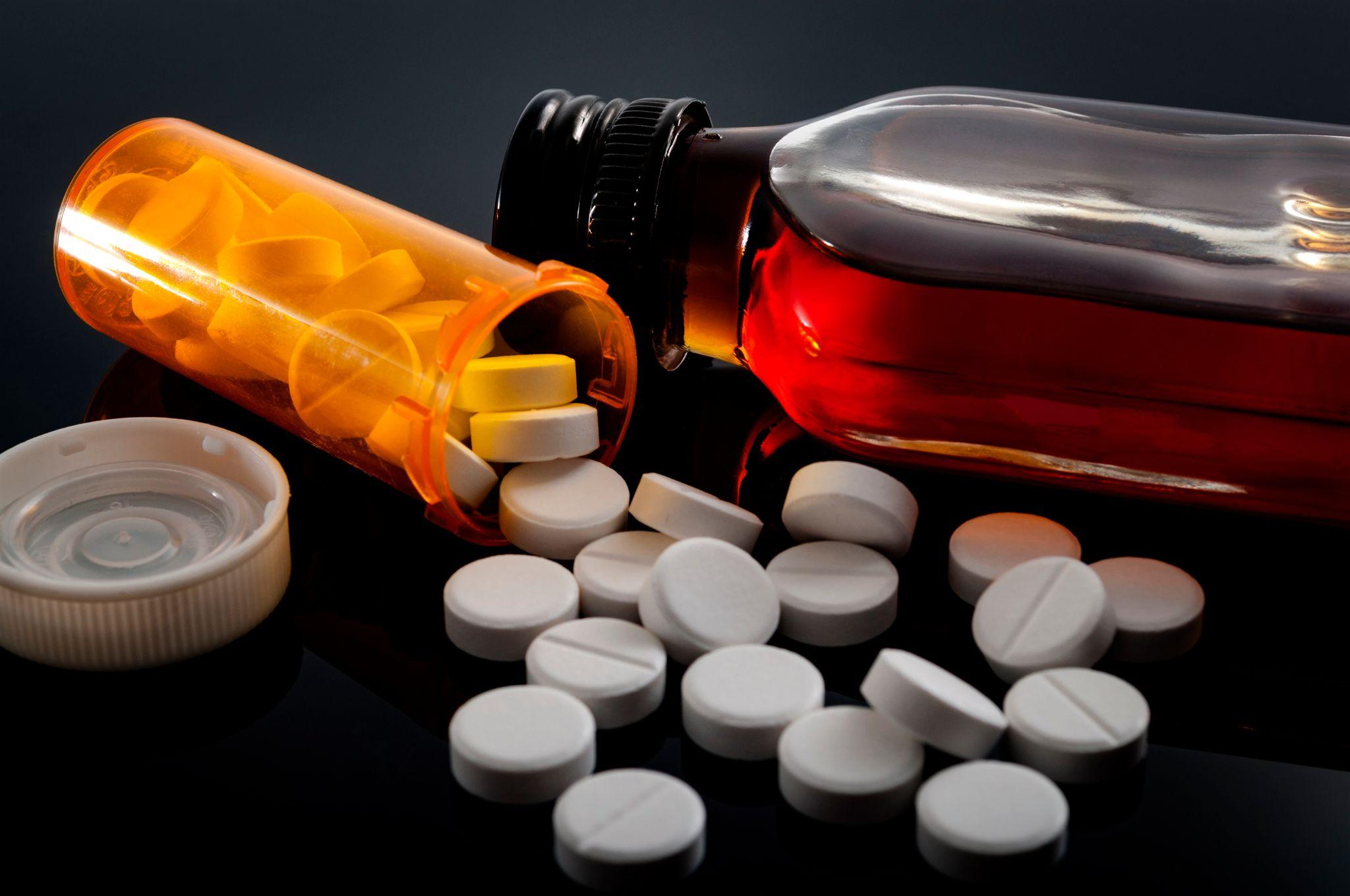In recent years, there’s been a significant increase in the prescription of sleep aids, with Ambien being one of the most commonly prescribed.
While Ambien is effective in treating sleep disorders, its interaction with alcohol is a growing concern. Mixing Ambien and alcohol, a practice some individuals engage in, either knowingly or unknowingly, can lead to severe consequences, both physically and mentally.
Below, we aim to shed light on this dangerous combination, discussing the risks, the science behind these interactions, and what to do if you are struggling with Ambien and alcohol.
What Is Ambien?
Ambien, known generically as zolpidem, is a sedative-hypnotic medication primarily prescribed for treating insomnia.
Its main function is to aid in falling asleep and staying asleep, especially in cases where sleep disturbances significantly impact daily life.
Ambien works by slowing down brain activity, allowing for a state of sleep.
Its effectiveness in the short-term management of sleep disorders has made it a popular prescription choice among healthcare professionals.
However, it’s crucial to understand that Ambien is meant for short-term use, primarily because of its potential for dependence and tolerance.
The Risks of Mixing Ambien and Alcohol
Mixing Ambien with alcohol is not only medically discouraged but can also lead to a range of serious and potentially life-threatening side effects, which we will explore in detail below:1,2,3
- Enhanced Sedation and Drowsiness: Both Ambien and alcohol are central nervous system depressants. When combined, they significantly increase sedation, leading to extreme drowsiness, which can be dangerous, especially if operating machinery or driving.
- Impaired Cognitive and Motor Functions: This combination can impair judgment, coordination, and reaction times. These effects combined can increase the risk of accidents and injuries.
- Increased Risk of Overdose: Mixing alcohol with Ambien raises the risk of overdose, as both substances can enhance each other’s effects. Symptoms of overdose may include severe drowsiness, confusion, shallow breathing, fainting, or even coma.
- Respiratory Issues: Both alcohol and Ambien can slow down breathing. When taken together, this effect is magnified, potentially leading to respiratory failure.
- Memory Problems: Users may experience memory lapses or blackouts, leading to a loss of consciousness without remembering what happened.
- Worsening of Mental Health Conditions: Those with a history of depression or other mental health conditions may experience a worsening of their symptoms.
- Dependency and Withdrawal Issues: Using Ambien with alcohol can increase the risk of dependence on both substances and may lead to complex withdrawal symptoms if use is stopped.
- Sleep-Walking and Other Complex Behaviors: There are reports of people engaging in activities like sleep-walking, sleep-driving, and other unusual behaviors while under the influence of Ambien and alcohol, without any memory of these actions.
- Increased Risk of Sleep-Related Eating Disorders: Combining these substances can lead to unusual nocturnal eating patterns, which can be dangerous and lead to other health issues.
- Amplified Side Effects: Each substance’s side effects, such as dizziness, nausea, and vomiting, can be amplified when taken together, leading to greater discomfort and health risks.
Understanding the Dangers
The risks associated with mixing Ambien and alcohol extend beyond immediate physical effects, delving into the realm of complex physiological and neurological impacts.
Ambien is designed to induce sleep, but adding alcohol to the mix disrupts this process and leads to worse sleep quality, contrary to Ambien’s purpose. This combination not only fails to effectively treat insomnia but may worsen it.
Moreover, mixing Ambien and alcohol can intensify mental health problems. Individuals with conditions like depression or anxiety might see their symptoms get worse.
The combined effect on the brain can cause severe cognitive issues, such as reduced alertness and poor judgment, heightening the risk of accidents or risky behavior.
In the long run, the full impact of regularly mixing Ambien and alcohol isn’t entirely known, but the available evidence suggests it could cause lasting harm to brain function and mental health.
Addiction to Ambien and Alcohol

Combining alcohol with Ambien may heighten the risk of addiction, primarily due to their addictive effects compound.
Both substances, when used independently, carry a potential for dependence; however, when combined, this risk is amplified.
Ambien, a medication prescribed for insomnia, can lead to habit formation, especially with prolonged or higher-than-recommended use.
Alcohol, being a central nervous system depressant, enhances the sedative effects of Ambien.
This dual action can not only increase the immediate health risks but can also accelerate the pathway to dependency on both substances.
The compounded nature of this risk is particularly concerning, as it creates a more complex scenario for addiction treatment and recovery.
Individuals using both substances are therefore at a higher risk of developing a more severe addiction compared to using either substance alone.
The Path to Sobriety Begins at Lumina Recovery
The dangers of mixing Ambien with alcohol are clear, with risks ranging from severe health complications to heightened addiction potential.
At Lumina Recovery, we offer specialized treatment programs for drug and alcohol addiction, including those involving co-occurring addictions.
We’re dedicated to guiding individuals through their recovery journey and offering the support and tools necessary for achieving long-term sobriety.
If you or someone you know is struggling with addiction, Lumina Recovery is here to help on the path to recovery and wellness. Contact us today.
Sources:



